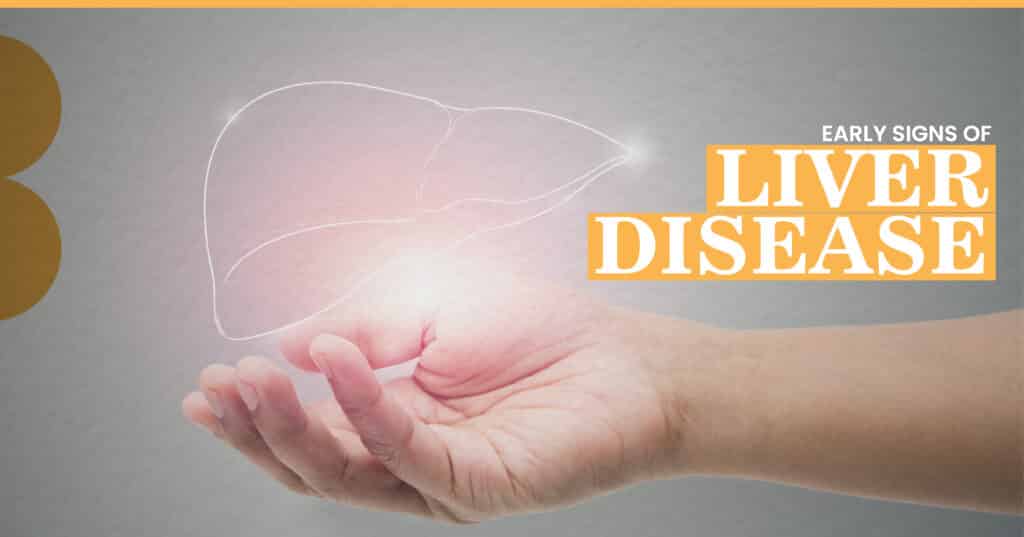Liver disease is a serious health condition that affects millions of people worldwide. It can progress silently and slowly, often without symptoms until the disease is advanced. However, recognizing the early signs of liver disease can lead to earlier treatment and potentially prevent severe complications. In this blog post, we’ll explore the early signs of liver disease, drawing insights from leading health sources like Mayo Clinic and Cleveland Clinic, and how you can proactively manage your liver health.
Early Indicators of Liver Disease
Liver disease doesn’t always present noticeable symptoms in its early stages. However, there are several signs and symptoms that should prompt further investigation:
- Jaundice: A yellowish appearance of the skin and the whites of the eyes.
- Abdominal Pain and Swelling: Especially in the upper right part of the abdomen.
- Swelling: Occurring in the legs and ankles due to fluid accumulation.
- Itchy Skin: An uncomfortable, irritating sensation on the skin.
- Dark Urine: Indicative of the liver not properly removing toxins from the body.
- Pale Stool Color: Can indicate a bile duct obstruction.
- Chronic Fatigue: A persistent feeling of tiredness that doesn’t improve with rest.
- Nausea or Vomiting: Often a non-specific symptom but can be related to liver distress.
- Loss of Appetite: Leading to weight loss without trying.
- Easy Bruising: A tendency to bruise easily could indicate liver dysfunction.
Causes and Risk Factors
Liver disease can result from various factors, including infections (such as hepatitis A, B, and C), immune system abnormalities (like autoimmune hepatitis), genetic factors (such as hemochromatosis), and lifestyle choices (including chronic alcohol abuse and obesity). Understanding these causes can help in identifying the risk factors associated with liver disease, such as heavy alcohol use, obesity, type 2 diabetes, and exposure to toxins and chemicals.
Diagnosis and Management
Early diagnosis of liver disease is crucial for effective management and treatment. Healthcare providers use a combination of physical examinations, blood tests, imaging tests (such as ultrasounds and CT scans), and sometimes liver biopsies to diagnose liver disease. In terms of management, treatments vary depending on the cause but may include antiviral medications for hepatitis, lifestyle changes (such as diet and exercise for fatty liver disease), and in severe cases, liver transplantation.
Lifestyle Modifications for Prevention and Management
Preventing liver disease involves a healthy lifestyle, including moderate alcohol consumption, maintaining a healthy weight, practicing safe sex and hygiene, avoiding exposure to toxins, and getting vaccinated against hepatitis A and B. For those already diagnosed with liver disease, lifestyle modifications, along with medical treatment, play a significant role in managing the condition. These modifications can include dietary changes, physical activity, and avoiding alcohol and other substances that can further damage the liver.
Conclusion
Recognizing the early signs of liver disease is crucial for timely intervention and preventing progression to more severe stages. By understanding the risk factors and implementing lifestyle changes, individuals can significantly impact their liver health and overall wellbeing. If you experience any of the symptoms mentioned, it’s essential to consult with a healthcare provider for a proper evaluation and to discuss potential treatment options.









